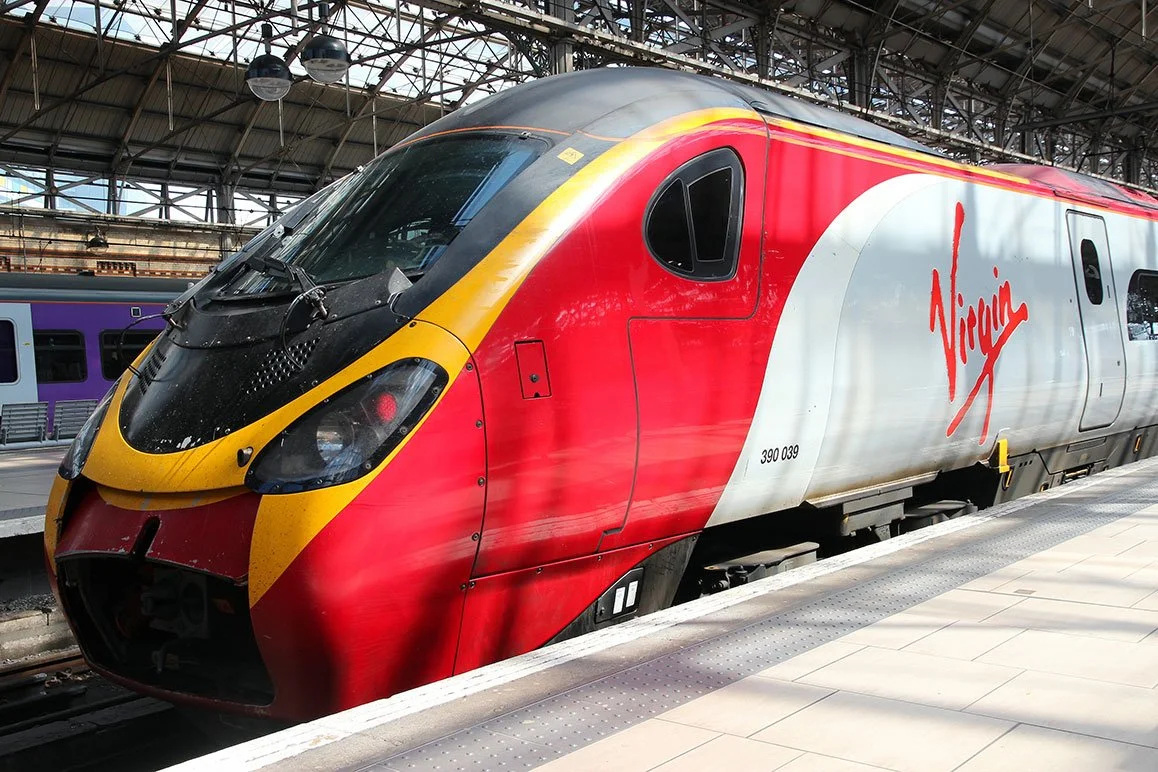Eurostar to expand as Virgin given the go-ahead for Channel Tunnel services
A shake-up of Channel Tunnel rail services is due by the end of the decade, with a new entrant due to break Eurostar’s 31-year monopoly.
Sir Richard Branson’s Virgin Group has fought off three other prospective operators and plans to run services under the resurrected Virgin Trains brand from 2030. Sir Richard has won the right to access Eurostar’s Temple Mills maintenance depot, without which Channel Tunnel operations are not feasible.
Virgin persuaded the Office of Rail and Road it was the most credible bidder and following the green light, has placed an order for 12 train sets to operate services from London St Pancras to Paris, Brussels and eventually, Amsterdam.
The combination of a new brand and 20,000 extra seats a day should bring down fares.
There is further good news for rail travel enthusiasts; Eurostar has confirmed plans to operate direct services from London to Frankfurt and Geneva by 2030. The move is underpinned by a bold investment in a new fleet of up to 50 double decker trains, the largest expansion in the company’s history. Each of the new trains will carry more than 1,000 passengers and despite being double decker, will be only 16cm higher than the existing rolling stock.
Eurostar is aiming firmly at the corporate market with the proposed new services, which directly link London with two of Europe’s most important commercial and financial centres. For corporate travellers, the proposed London–Frankfurt route offers the potential for smooth, sustainable access to one of Germany’s key business hubs — home to the European Central Bank and numerous multinational headquarters. Meanwhile, a direct service to Geneva would enhance connections with Switzerland’s global banking, technology and diplomatic sectors, providing a compelling rail alternative to short-haul air travel.
Eurostar’s expansion aligns with the growing corporate focus on sustainable business mobility. As organisations continue to set ambitious carbon reduction targets, the availability of efficient rail alternatives is becoming a critical component of corporate travel policy. Rail travel between major European cities emits significantly less CO₂ per passenger than equivalent air routes, while offering time-saving advantages such as city centre departures, fewer security procedures and comfortable, productive onboard environments.

